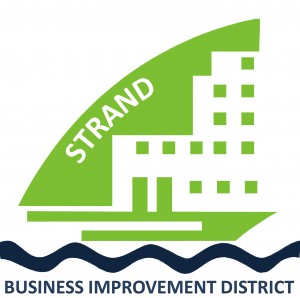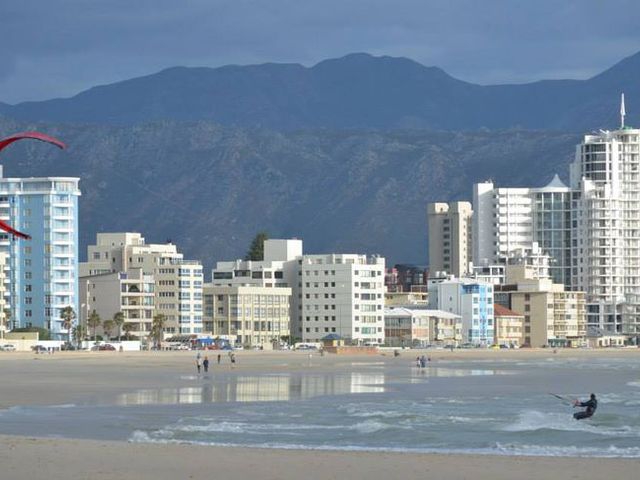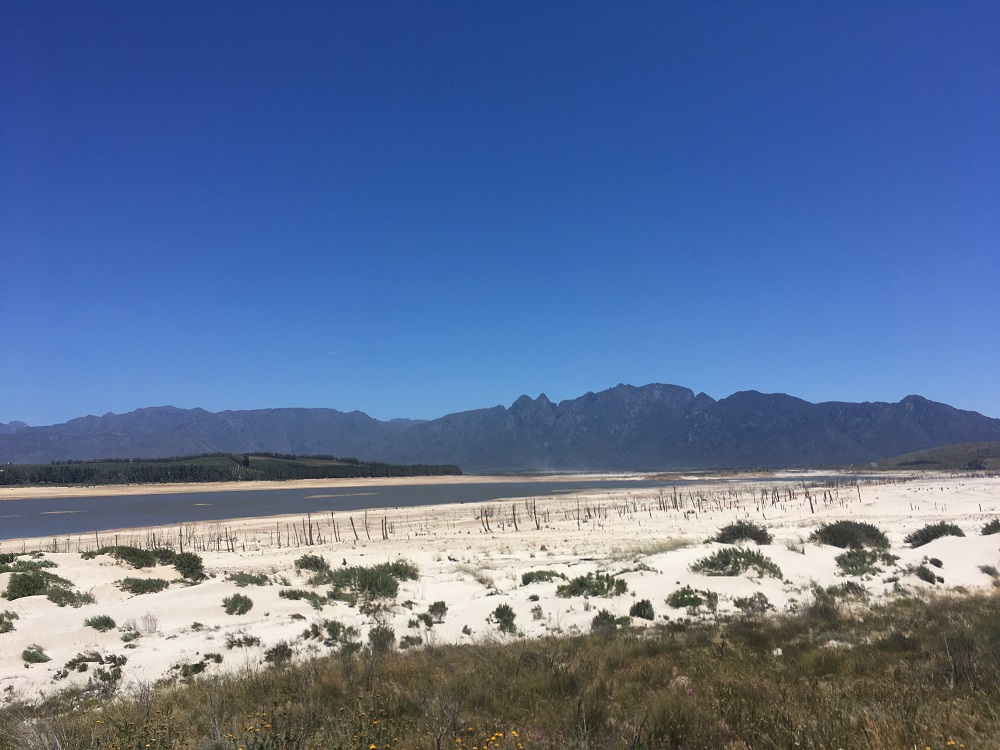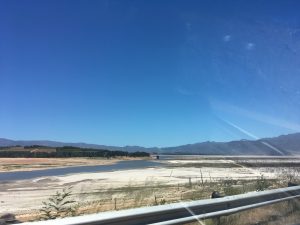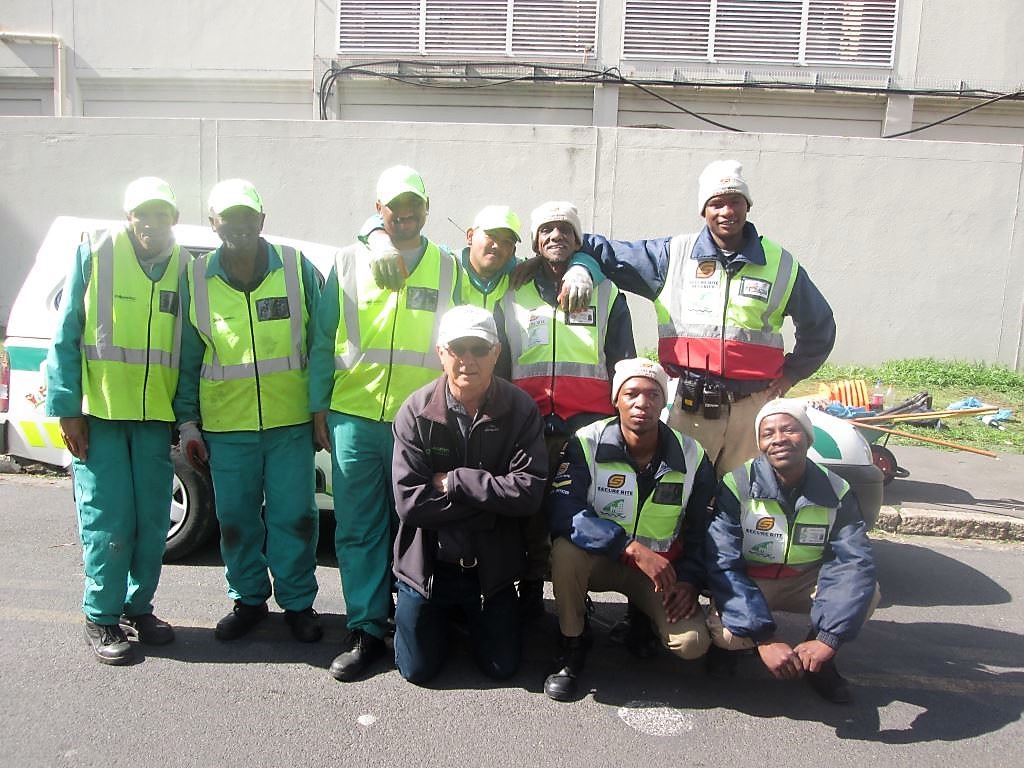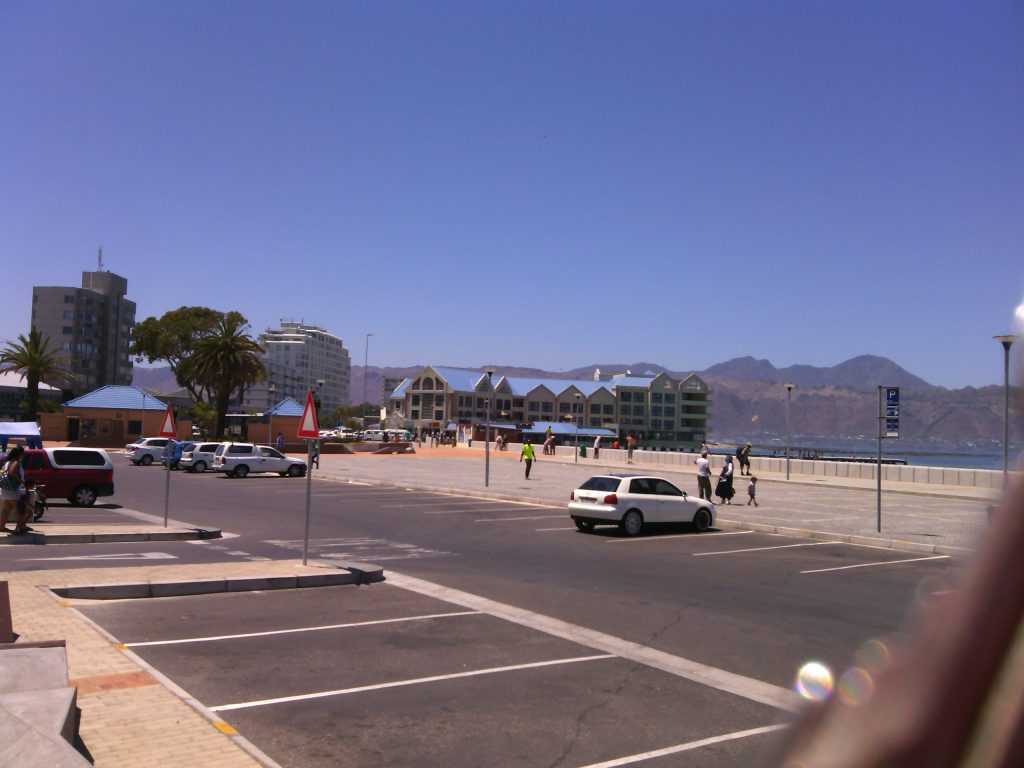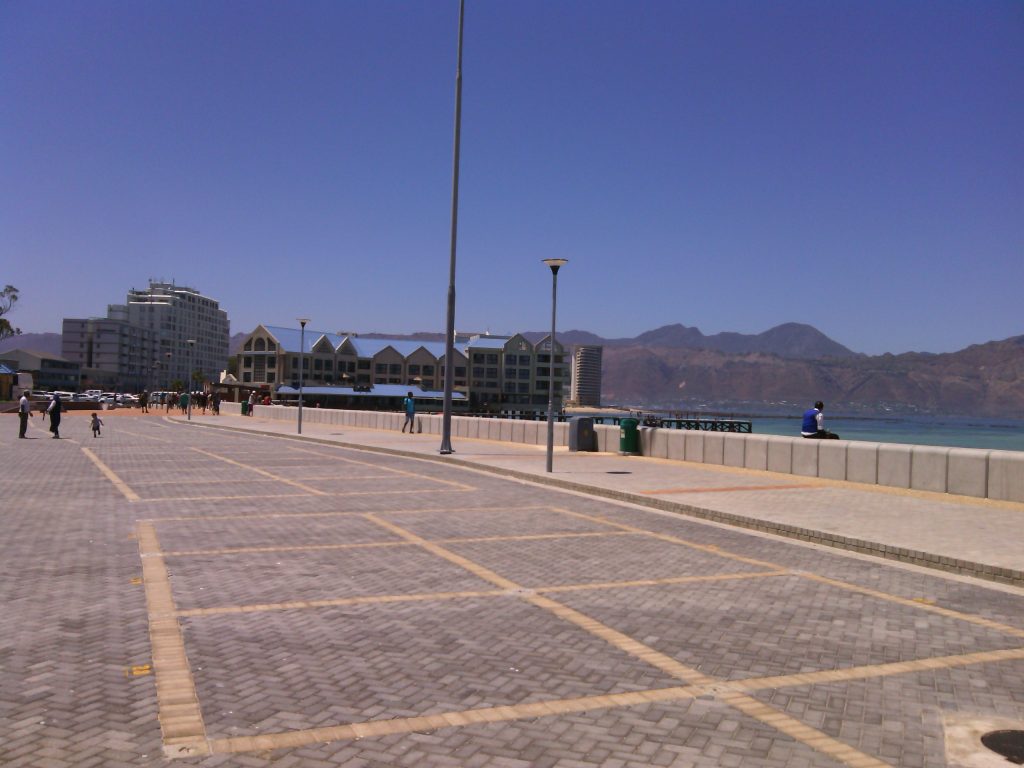“We currently reside and do business in a much safer, greener and cleaner Strand.”
Expressing satisfaction with the progress made by Geocentric during the 2016/2017 year, Strand Business Improvement District Board Chairperson Grand Goodwin said this was confirmed by statistics. “We realize that we cannot take the status quo for granted and that the team must consistently work hard to maintain the current standard”, he said.
He went on to say that they were very excited about the proposed new interventions by Gene Lohrentz of Geocentric regarding the management of the Traders Market and the Strand Initiative Marketing project. “We believe that the aforementioned interventions by Geocentric and the CID are important ingredients to our goal of making the Strand a more attractive business and tourist destination.”
The Strand Business Improvement District (SBID), which is a non-profit organisation funded by local property owners whose mandate it is to address the growing challenges in urban management, safety and security, and investment withdrawal within the Strand CBD precinct, recently added from within stakeholder ranks a new initiative named ‘Future Strand’ that will be managed by the SBID.
This stakeholder group aims to consider ways to positively influence the future viability of the Strand as a vibrant central business district.
“Keen to differentiate the Strand business district from neighbouring Helderberg precincts of Somerset West and Gordons Bay, Future Strand’s short-term objective is to build a unique identity for the area that ensures it becomes a leading centre for commercial, residential, cultural, tourism and activities.”
Since its inception three years ago, the SBID has yielded some surprisingly successful results and many of the urban challenges within the CBD of Strand have been halted. Whilst the focus remains on basic safety and cleanliness, a natural shift towards creating and enhancing the people-centric vibrancy has come to the fore.
Community involvement is however required. Both SBID and Future Strand embrace partnership thinking, which amongst other things provides for collective and collaborative solutions involving shared human and financial resources.
The objectives of SBID and Future Strand are the following:
- Improve the public spaces of the Strand CBD to the benefit of the local community, visitors, property owners and businesses.
- Create a positive image of the Strand CBD with the aim of bringing people and investment back to the CBD
- Create a vibrant, unique Strand CBD experience
- Obtain the input of more like-minded partners that can work with existing property and business owners and the community to improve and elevate the image of the strand CBD
Improvement Districts and Area Based Partnerships rely on strong relationships between partners, stakeholders and the communities they serve. In the case of the Strand, there is a large number of potential participants (some overlapping), each with a significant stake in the success of SBID and Future Strand:
- Residential and commercial property owners in the Strand CBD;
- The City of Cape Town as the governing body, multiple departments, political and operational levels;
- The Board of the SBID as strategic leaders
- Property owners/ rates payers associations
- Sectional titled bodies corporates board members
- Retailers
- Informal traders
- Government services branches
- Commuters
- Taxi, bus drivers
- Tourists, local and international
- Visitors
- Service providers
- Law enforcement agencies
- Neighbourhood watch initiatives
